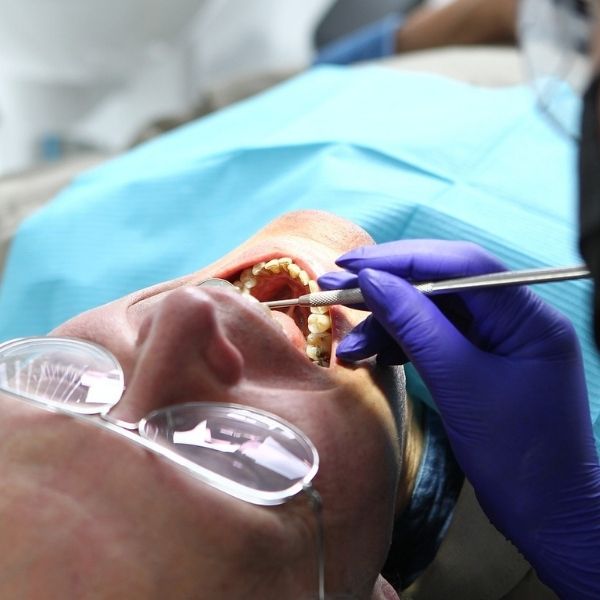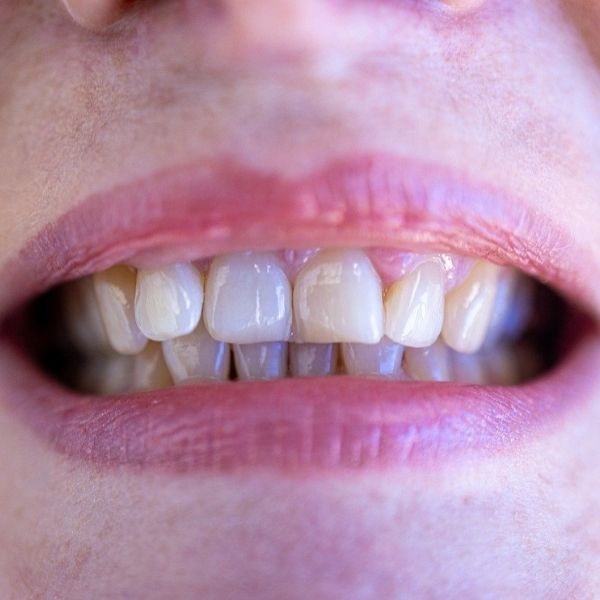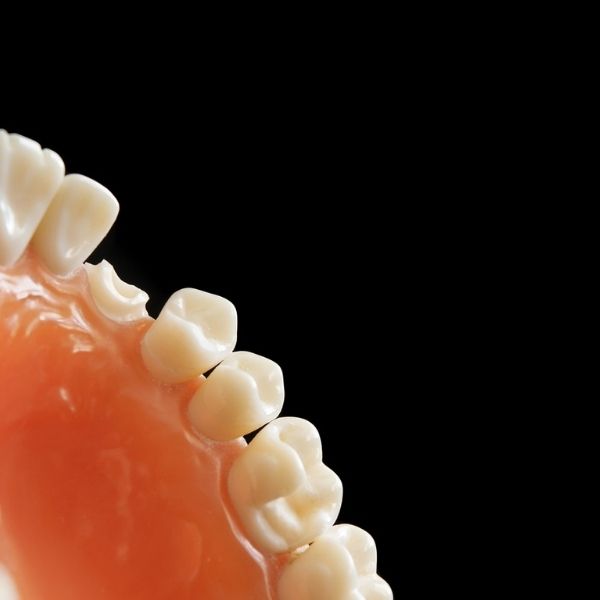The impact of oral health and general health is often underestimated, yet they are profoundly connected. While most people focus on their smile and preventing cavities, oral health extends far beyond aesthetics. In fact, poor oral hygiene can have significant repercussions on your overall health, influencing various aspects of your body, from your heart to your mental well-being. The impact of oral health and general health is so closely intertwined that dental problems like gum disease or tooth decay can lead to severe complications in other areas of your health. In this article, we explore the profound relationship between oral health and general health, highlighting why taking care of your teeth and gums should be part of your daily health regimen.
Understanding the Connection: The Impact of Oral Health and General Health
The impact of oral health and general health begins with the understanding that your mouth is a gateway to the rest of your body. The bacteria and inflammation in your gums and teeth don’t stay confined to your mouth. They can enter your bloodstream, triggering systemic problems in other parts of the body. This makes oral health not just a matter of convenience but also an integral part of maintaining overall well-being.
-
Cardiovascular Health: A Critical Link
One of the most significant connections between the impact of oral health and general health is its effect on heart health. Gum disease, or periodontal disease, has been linked to an increased risk of heart disease. Bacteria from infected gums can travel through the bloodstream, where they can lead to the buildup of fatty deposits in the arteries, a condition known as atherosclerosis. This, in turn, can increase the risk of heart attack and stroke. The chronic inflammation caused by gum disease is thought to contribute to the narrowing and hardening of the arteries, making cardiovascular issues one of the key concerns in the impact of oral health and general health.
-
Diabetes Control: A Two-Way Relationship
The impact of oral health and general health is also evident in the way it affects diabetes management. Research shows that people with diabetes are more likely to develop gum disease, and the presence of gum disease can make it more difficult for diabetics to control their blood sugar levels. In fact, untreated gum disease can lead to higher blood glucose levels, making it harder to manage diabetes. Furthermore, individuals with poorly controlled diabetes are more prone to infections, including those affecting the gums and teeth. This creates a vicious cycle, where poor oral health exacerbates diabetes symptoms, while high blood sugar further damages oral health.
-
Respiratory Health: The Risk of Lung Infections
The connection between the impact of oral health and general health extends to respiratory issues as well. Harmful bacteria from untreated gum disease can be inhaled into the lungs, where they can cause infections such as pneumonia or exacerbate existing respiratory conditions like chronic obstructive pulmonary disease (COPD). People with weakened immune systems, such as those undergoing cancer treatments, are particularly vulnerable to these types of infections. This underscores the importance of maintaining oral hygiene to reduce the risk of respiratory complications, illustrating another crucial aspect of the impact of oral health and general health.
-
Pregnancy Health: Protecting Both Mother and Child
The impact of oral health and general health is especially significant during pregnancy. Studies have shown that women with gum disease may be more likely to experience pregnancy complications such as preterm birth, low birth weight, and preeclampsia. The inflammation and bacterial infection associated with gum disease can trigger the release of chemicals that may harm the developing fetus. Maintaining good oral health during pregnancy is therefore essential, as it helps protect both the mother and the child from these potential risks.
-
Mental Health: How Oral Health Affects Well-being
There is a profound connection between the impact of oral health and general health in terms of mental health. People suffering from chronic oral issues, such as gum disease, tooth pain, or missing teeth, often experience lower self-esteem and feelings of social embarrassment. These negative emotions can lead to anxiety, depression, and social withdrawal, which in turn can impact overall health. Poor oral health, particularly tooth loss and gum disease, has been shown to contribute to depression, especially among older adults. Addressing oral health issues promptly not only improves the physical state of your mouth but also boosts mental well-being, demonstrating the profound influence of the impact of oral health and general health on your psychological state.
-
Osteoporosis: A Bone Health Connection
Osteoporosis is a condition that weakens the bones, making them more susceptible to fractures. The impact of oral health and general health is reflected in the connection between osteoporosis and tooth loss. People with osteoporosis are at a higher risk for losing their teeth, as the condition weakens the bones that support teeth. This connection highlights the importance of maintaining strong, healthy teeth as part of an overall strategy to protect your bones. Regular dental care, including maintaining good oral hygiene and seeking treatment for gum disease, can help prevent bone loss in the mouth and maintain tooth stability.
Specific Health Conditions Affected by Oral Health
The interrelationship between the impact of oral health and general health extends to several specific health conditions, which are influenced by oral hygiene:
- Alzheimer’s Disease: Research has suggested that poor oral health, specifically gum disease, could increase the risk of developing Alzheimer’s disease. Infected gums allow bacteria to enter the bloodstream, which may eventually affect the brain, leading to inflammation. This link shows the importance of maintaining oral health as a potential preventive measure for cognitive decline in older adults.
- Cancer: Emerging studies have also linked oral health with the risk of certain cancers, such as oral, head, and neck cancers. Poor oral hygiene and gum disease may contribute to the development of these cancers, underlining the importance of keeping the mouth healthy. Dental checkups play a crucial role in early detection of any abnormalities that could lead to cancer.
Maintaining Good Oral Hygiene: A Preventive Measure for General Health
To minimize the impact of oral health and general health, maintaining good oral hygiene is key. Here are some essential practices to help you take care of your mouth and, in turn, your overall health:
- Brush and Floss Regularly: Brushing twice a day with fluoride toothpaste and flossing daily removes plaque, prevents cavities, and reduces the risk of gum disease. Keeping your gums healthy is one of the best ways to minimize the impact of oral health and general health on your body.
- Visit Your Dentist: Regular dental checkups are vital for identifying any early signs of oral problems, such as gum disease or cavities. Your dentist can also offer professional cleanings to remove tartar buildup and provide fluoride treatments to strengthen your teeth.
- Healthy Diet: Eating a balanced diet rich in vitamins and minerals supports both oral and general health. Foods high in calcium and vitamin D help maintain strong teeth, while avoiding sugary and acidic foods reduces the risk of tooth decay.
- Avoid Tobacco Products: Smoking and chewing tobacco are linked to various oral health problems, including gum disease, tooth decay, and oral cancer. Quitting tobacco improves both oral and general health significantly.
- Manage Stress: Stress can have a negative impact on both oral and overall health, contributing to gum disease and tooth grinding. Practice stress-reducing techniques, such as exercise, meditation, or therapy, to protect both your teeth and your general health.
The Importance of Oral Health in Overall Wellness
The impact of oral health and general health is far-reaching. From heart disease to diabetes, respiratory issues to mental health, your oral health is intertwined with many aspects of your general health. By taking steps to maintain good oral hygiene, such as brushing, flossing, visiting your dentist regularly, and leading a healthy lifestyle, you can protect not only your teeth but also your overall health. Remember, your mouth is a reflection of your body, and caring for it ensures that you are doing your best to stay healthy.





